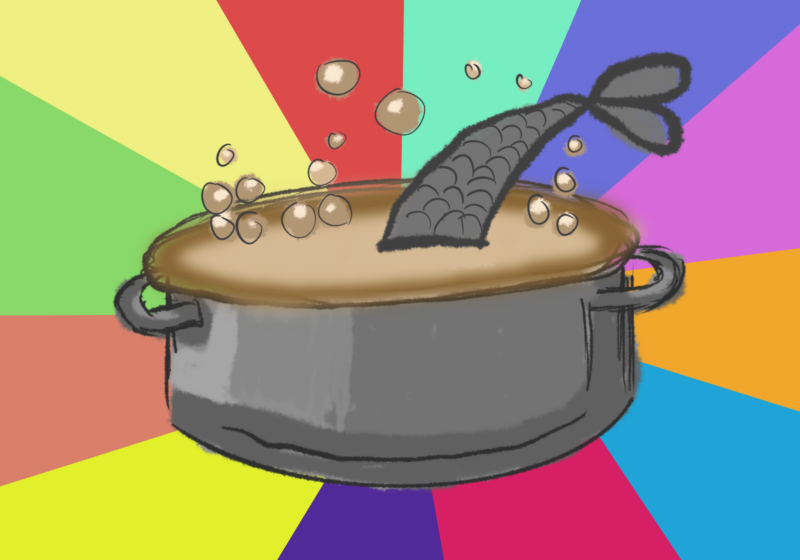It?s been a trying year for U.S.-China relations. The recent spy plane incident and the decision to sell arms to Taiwan are only the latest in a worrisome string of flashpoints in U.S. relations with the People?s Republic of China ? from the detainment of American scholars to China?s stalled World Trade Organization bid.
Although the two countries have had a history of animosity, the frequency and seriousness of recent diplomatic conflicts is a troubling trend, and one which new President George W. Bush has so far shown little interest in reversing.
The Bush administration?s rhetorical move from ?strategic partner? to ?strategic competitor,? the new unambiguous pledge to defend Taiwan, the planning of a theater missile defense system and the voicing of other ?get tough on China? policies have brought a more combative, defiant tone to U.S.-China relations. For several reasons, this new approach is seriously misguided.
First, the rhetoric of the new administration reflects a nave and outdated view that China poses a dire threat to U.S. interests and, like the former Soviet Union, it must be countered, contained, and cowed wherever possible.
Few facts support this conclusion. China?s military remains antiquated and primarily defensive and its international actions reflect domestic economic and political concerns more than a desire to expand Chinese influence around the world.
In addition, international trade has increased to the point where the success of U.S. enterprises is often tied to Chinese economic growth, and vise versa. The instability and tension caused by a deteriorating political situation form a far greater threat to U.S. interests in east Asia than the mere presence of China. Steps taken to reduce that tension, not escalate it, are the best way to ensure prosperity and security for American allies.
Furthermore, administrative policymakers fail to realize that the Chinese Communist Party still maintains widespread, if grudging, public support. Although most Chinese favor some kind of political reform, fear of instability means that relatively few people support radical changes that would result in significant social upheaval.
Therefore, reform in China is likely to be gradual and take place primarily within the Communist Party instead of through a rapid, Eastern European-style popular uprising. Attempts to isolate or weaken China might actually hinder political reforms by spurring an increase in anti-American and anti-west nationalism.
Finally, current policy does not take advantage of the unique opportunity the U.S. has to nudge China toward peaceful political evolution. The rapid economic growth of the last 25 years in China has been paralleled by ever-increasing access and exposure to the rest of the world.
The influence that this exposure has had on a generation of young Chinese is profound ? instead of reading ?Quotations from Chairman Mao,? college students today practice English and dream of studying in Europe or the United States. The best prospect for change in the China is still to strengthen its political and economic links with the rest of the world. And strong U.S.-China ties are crucial to that goal.
Labeling China an enemy and playing up Cold War-style rhetoric has little chance of encouraging reforms in China, and likely will only serve to worsen an already strained relationship. Efforts to seek common interests with China, on the other hand, offer a great deal of promise. With regard to Taiwan, for example, the U.S. could reaffirm its commitment to the One-China policy and its opposition to Taiwanese independence in exchange for a reversal of the China?s missile and military buildup across the Taiwan Straits. This kind of pragmatic diplomacy would benefit all parties by reducing tensions, increasing stability and providing some badly needed common ground.
Unfortunately, the Bush administration seems to be stuck in a Cold War mentality, convinced that China is an enemy and a threat. And unless U.S. policy changes its course, China might well become just that.
Templeman is a senior who is currently studying abroad in Taiwan.




